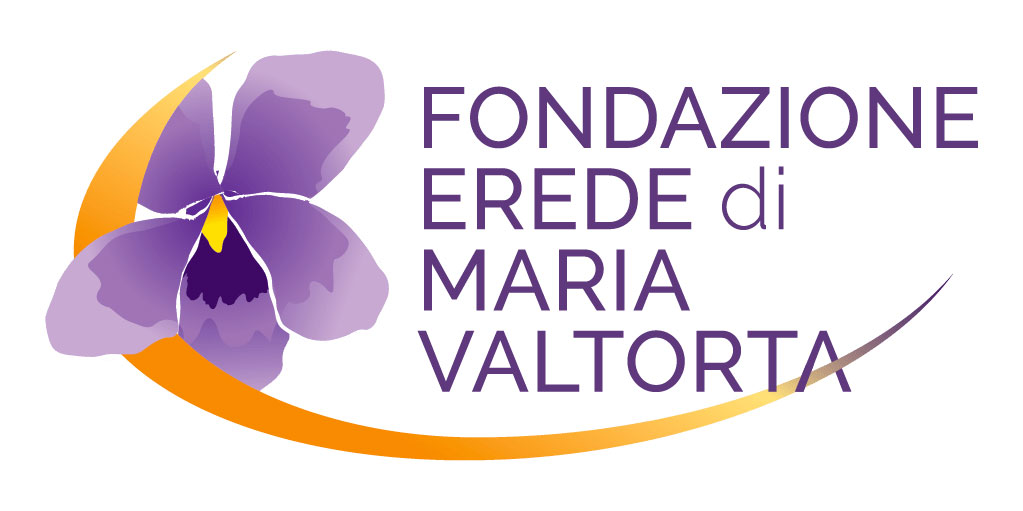ISOLA DEL LIRI AND THE HERITAGE FOUNDATION
A LITTLE HISTORY
Isola del Liri is a charming town in Lazio, which takes its name from the particular configuration of its urban center enclosed between two branches of the Liri river. The paper and wool industry has boasted a tradition throughout its history, but the name of Isola del Liri is known today for another reason. Readers from around the world notice it on the volumes of Maria Valtorta, translated into over thirty languages, whose editions bear the name of the Italian publishing house, based in Isola del Liri. It seems interesting, therefore, to trace at least the essential lines of this history, which has become part of the “island” history. In fact, if you want to understand the present and get ready for the future of the Valtortian venture, you cannot help but knowing its past.
In the first decade of the twentieth century, a printing company was founded on Isola del Liri by Arturo Macioce whom, after a few years, welcomed the young brother-in-law Michele Pisani, as a partner. The “A. Macioce & Pisani Printing Company”, signed STAMP, stood out for the accuracy of the printing and packaging of books, mainly commissioned by Roman Catholic institutions. In 1946 Macioce, fifteen years older than his brother-in-law, retired by dissolving the Company, whose business continued with the individual firm called “Tipografia Editrice M. Pisani”, which resumed printing books on behalf of pontifical publishers, religious orders, Catholic cultural institutes and Catholic associations.
In 1952 Maria Valtorta entrusted the Tipografia Editrice M. Pisani with the publication of her work, which was handled to Emilio Pisani, son of Michele. In 1985, together with his wife Claudia Vecchiarelli, Emilio Pisani established the “Centro Editoriale Valtortiano” (CEV).
A PECULIARITY
It is extraordinary to find a publishing house that publishes the works of a single author, curating also the translations and extending its production only to publications that deal with the person and the works of the sole author. The publishing house is even more anomalous if it gets associated with the author, combining the rights and duties of the publisher with the rights and duties of the author. The CEV ended up in this circumstances when inherited Maria Valtorta’s goods, both purchased (the Valtorta house in Viareggio) and by testament (the manuscripts with attached rights and the estate).
Maria Valtorta wanted to entrust herself completely to the Order of the Servants of Mary – founded in the thirteenth century in Florence by seven hermit saints and active in the world with their ministerial forms. Instead the Order did not accept the most precious gift: the Opera, whose rights, belonging to the author and heirs, do not compensate for the seriousness of the duties connected to it. To have her work published, after the refusal of the religious Order, Valtorta entrusted herself to the CEV as publishers and in her will she elected as a reserve heir, Marta Diciotti, her assistant and lifelong confidant, on whose fidelity she could count.
Therefore Marta Diciotti inherited the manuscripts, with related rights, and everything else that had belonged to Maria Valtorta, excluding the house in Viareggio, of which she reserved the right of usufruct for life. In fact the Order of the Servants of Mary had inherited, again by testament, the bare ownership of the house.
In 1998, while Marta Diciotti was still alive and retired to a pension for the elderly, the Order of the Servants of Mary sold the house in Viareggio to the Valtortiano Publishing Center, which later, at its own expense and with the voluntary contribution of Valtortian readers, restored it from the brackish humidity coming from its foundations, establishing a house-museum open to visitors.
For her part, Marta Diciotti had already made her will in favour of the Valtortiano Publishing Center which, on her death in 2001, became the owner of the manuscripts and everything else that completed the heritage of Maria Valtorta.

THE 19TH OF JULY THE
HERITAGE FOUNDATION IS BORN
The Foundation that Emilio and Claudia, together with the CEV have founded, re-establishes the figure and the prerogatives of the author by freeing the CEV, which is now gradually returning to the exclusive role of publisher and privileged editor of the writings of Maria Valtorta. The Foundation has already conferred, in the deed of incorporation, the house-museum in Viareggio and the manuscripts, with related rights of the published works (only of publications made after 2010). The Foundation itself is authorised to receive what else belongs to the Valtortian heritage, such as the manuscripts edited in the meantime, especially those of the correspondence, and some still unpublished, as well as documents, objects and memories of various kinds, without wanting to exclude what Emilio and Claudia themselves have created and put at the service of the Valtortian venture.
* * *
On 10 February 2020, with a public deed, the “Maria Valtorta Cev Foundation”, commissioned by the Valtortiano Publishing Center and chaired by Emilio Pisani, changes its name to “Fondazione Erede di Maria Valtorta” and adapts the Statute to the new legislation, which changes the denomination of non-profit organization (non-profit organization of social utility) in that of ETS (third sector body) maintaining the same prerogatives.
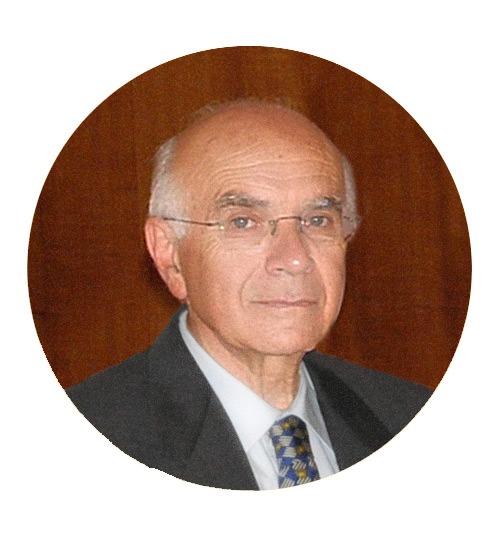
EMILIO PISANI
1935 - 2023
Emilio Pisani, a life in service of the ideals of the Gospel, of Christian-inspired culture, and of the human community.
To speak of Emilio Pisani is to speak of “Maria Valtorta and her Work.” Emilio’s life and vocation, as a respected publisher and author of numerous publications — who departed this world about a year ago, on September 29, 2023, at the age of 88 — are forever and inseparably linked to the publication and dissemination of the religious literary works of Maria Valtorta, a mystic and writer of the 20th century, born in Caserta in 1897 and who passed away in Viareggio, where she lived for about 40 years, on October 12, 1961. Valtorta’s Work, currently translated into 30 languages, is distributed in over a hundred countries worldwide.
Always active in the cultural life of his beloved Isola del Liri, where he was born on March 11, 1935, and lived his entire life, Emilio was a man of solid culture, attentive to the history of his contemporaries, grounded in a deep Christian faith — never ostentatious, but thoughtful, profound, shared with those he met, and above all, evidenced by a credible testimony of life. He was a keen observer of the changes, contradictions, and delays of the Catholic Church during the delicate historical and cultural moments from the 1950s to the promising post-Vatican II era, personally engaged in the ecclesial life of his city and region (he was also for several years the diocesan president of the Catholic Action in what was still the Diocese of Sora-Aquino-Pontecorvo). Emilio experienced a true turning point in his life when Providence led him to meet Maria Valtorta, given that in the early 1950s, Tipografia Editrice Michele Pisani (Emilio’s father) had signed a publishing contract for Maria Valtorta’s works with the mystic from Viareggio herself.
In 1985, together with his unforgettable wife Claudia Vecchiarelli, who passed away in 2012, Emilio founded the Valtortian Editorial Center (CEV) with the aim of continuing the publication of Maria Valtorta’s works, to develop and disseminate her writings and ideals. In 2010, the couple established the “Maria Valtorta CEV Foundation,” which in 2020 changed its name to “Foundation Heir of Maria Valtorta.”
The heart of the publications of Maria Valtorta, still promoted worldwide by the Foundation, is The Gospel as revealed to me, an opus published in 10 volumes, which the mystic wrote from 1943 to 1947 while she was bedridden, unable to get up from her bed in her home in Viareggio. Literarily elevated, through the compelling account of the earthly life of the Lord Jesus, and with a substantial section relating to His mother Mary, rich in discourses and dialogues, the work illustrates the three years of the public life of the Lord Jesus in accordance with Catholic orthodoxy.
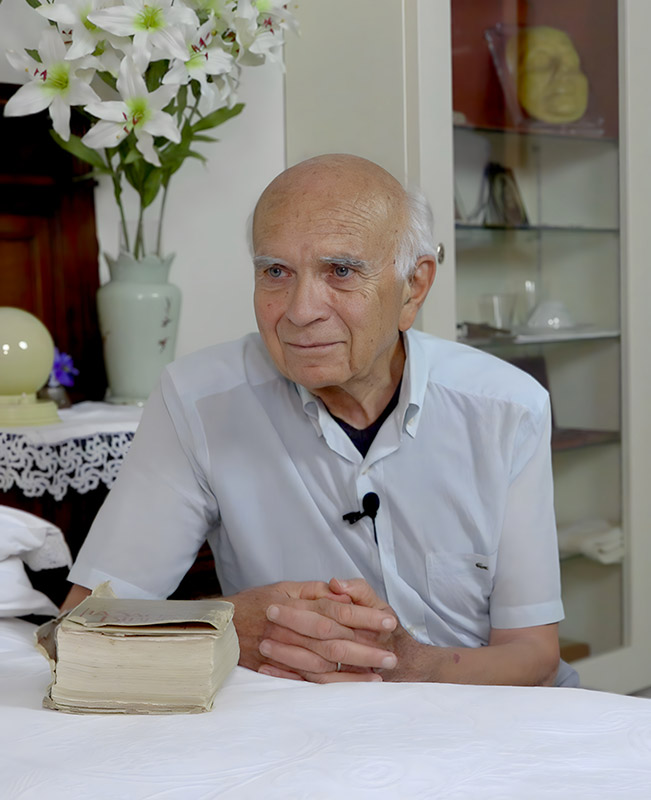
For decades, Emilio Pisani dedicated practically his entire life to this Work, becoming, along with his wife Claudia, a central figure in a profound spiritual movement within the community of Isola del Liri, as well as in the ever-expanding Valtortian family, present in Italy and beyond. He introduced and guided many people into Christian life, many of whom continue to follow that path centered on the word of the Gospel.
Endowed with extensive and solid culture, never displayed as a mark of superiority but always concealed behind sincere humility, Emilio also possessed a special communicative ability, reflected in his numerous interventions at study conferences and lectures, as well as in the elegant and meticulous style of his writing. This is evidenced by the many works he published, mainly concerning Maria Valtorta’s figure and works, but also by numerous journalistic articles in local Catholic publications, some of which he collected in his 2010 book Casa e chiesa. Fatti di chiesa vissuti in casa.
Alongside the massive effort of publishing Maria Valtorta’s writings, among his fascinating personal publications, developed in light of the mystic’s Work, are Pro e contro Maria Valtorta (first edition in 1995, reaching its sixth edition in 2017), Lettera a Claudia. Storia breve di una vita per Maria Valtorta (2014), Una lettura delle parabole di Gesù (2020), and Il mistero di Giuda (2021), his last highly original work, completed in the final years of his life with tenacity and passion, despite his physical decline. These and other writings truly deserve to be re-read to better understand the ideals that animated Emilio’s life and commitment, as well as his qualities and skills that reveal his feelings, interests, and especially his sincere love for the Christian God and for the human community, for which Emilio dedicated himself with joy and exemplary generosity. (A.C.)
INTERNATIONAL PEACE AWARD ST. PAUL VI, POPE
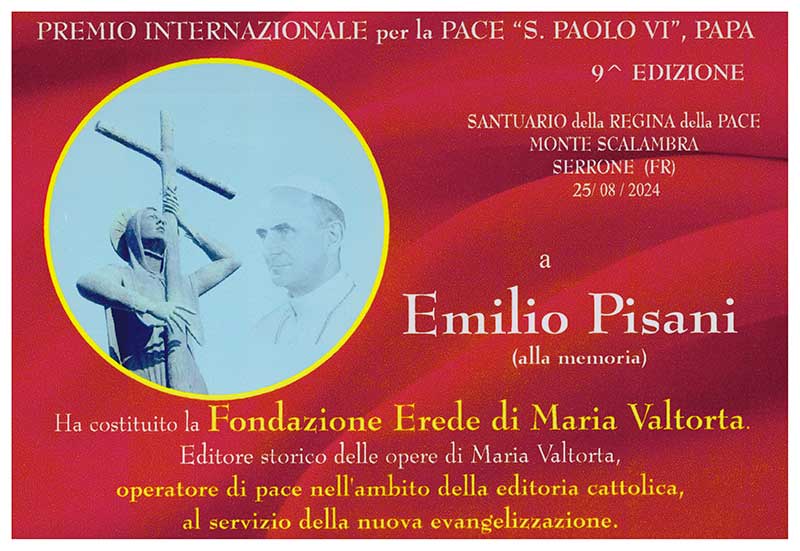
On August 25, 2024, in Serrone (FR), the International Peace Award St. Paul VI, Pope was posthumously presented to Emilio Pisani with the following motivation:
“Emilio Pisani was a peacemaker in the service of the new evangelization through the dissemination of Maria Valtorta’s writings, particularly The Gospel as Revealed to Me, which is spread worldwide. By reading Maria Valtorta’s writings, the truth of the Gospel enters the minds and hearts of millions of believers, bringing light, ‘peace, love, joy, goodness, kindness, patience, faithfulness, gentleness, and self-control,’ ultimately all the fruits of the Holy Spirit (cf. Gal 5:22), which foster the spread of the Kingdom of God in hearts and in human society and prepare the civilization of Love promised at Fatima by the Queen of Peace when she assured that her Immaculate Heart would triumph.”
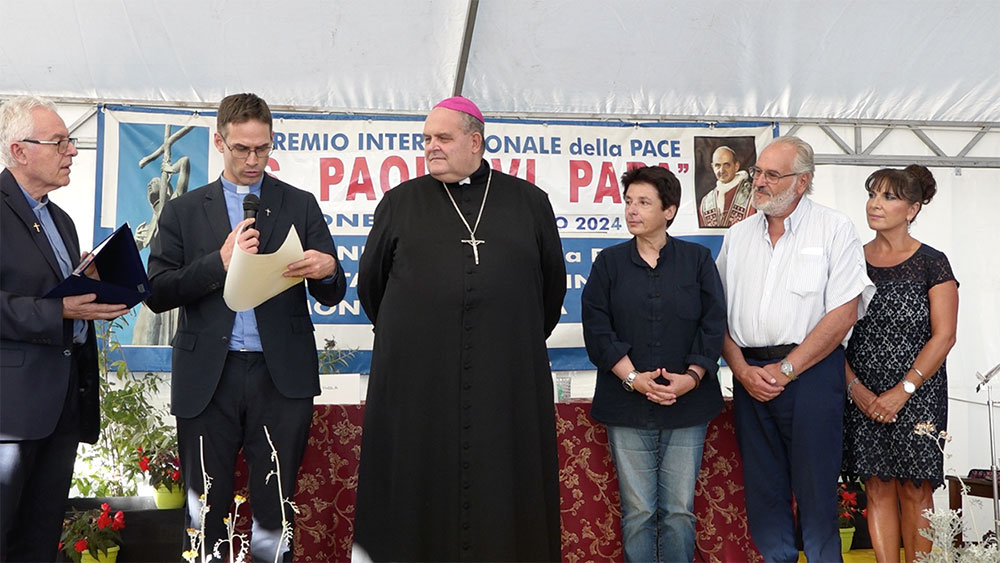
His Excellency Bishop Mauro Parmeggiani of the Diocese of Tivoli and Palestrina personally presented the award to Fiammetta Pagnanelli, President of the Foundation Heir of Maria Valtorta.

